Top Class Actions’s website and social media posts use affiliate links. If you make a purchase using such links, we may receive a commission, but it will not result in any additional charges to you. Please review our Affiliate Link Disclosure for more information.
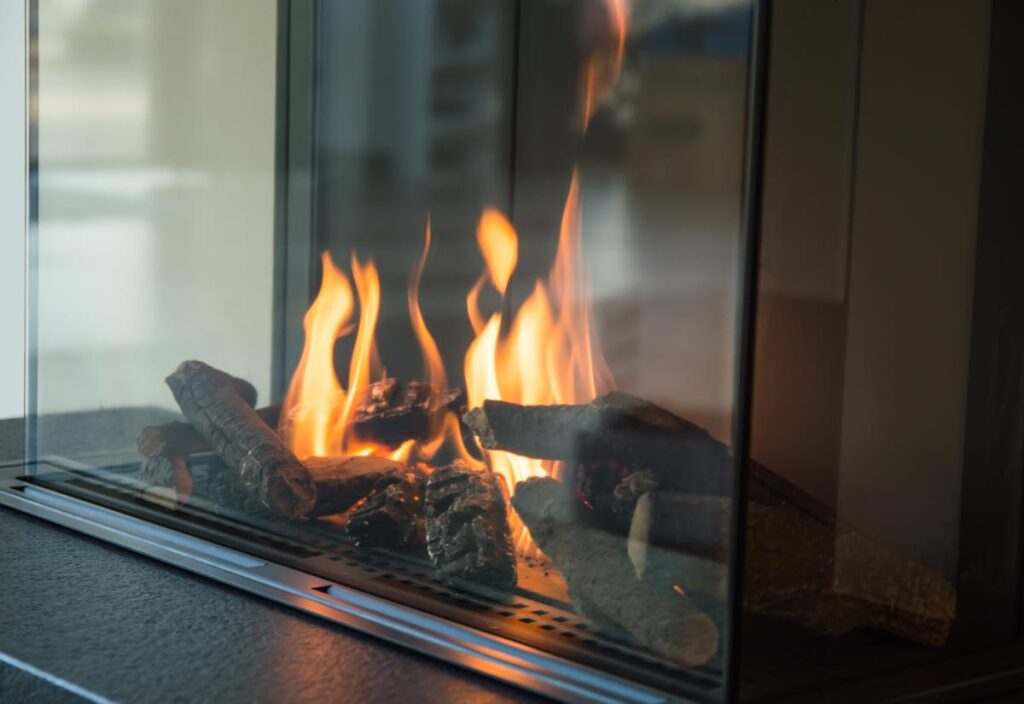
Fireplace, furnace, space heater safety overview:
- Who: The U.S. Consumer Product Safety Commission (CPSC) warned consumers to educate themselves on how to safely use space heaters, furnaces and fireplaces.
- Why: Fires and carbon monoxide poisoning kill dozens of Americans each year.
- Where: The CPSC operates in the United States.
A U.S. safety watchdog urges Americans to learn how to safely heat their homes this winter, with heaters causing dozens of fire deaths each year, predominantly in communities of color.
In a notice posted Jan. 5 to the U.S. Consumer Product Safety Commission (CPSC) website, the agency warned consumers to learn about potential deadly hazards related to space heater, furnace and fireplace safety.
Fires and carbon monoxide (CO) poisoning are some of the biggest home heating risks.
For example, the CPSC estimates that portable heaters, including electric space heaters, cause an average of 1,700 fires per year, resulting in an average of 70 deaths and 160 injuries annually from 2017 to 2019.
These hazards disproportionately affect African Americans, the CPSC says. According to its 2017 to 2019 Residential Fire Loss Estimates report, African Americans have the highest rate of fire deaths, nearly twice the overall rate across the population.
Space heater safety: Keep your home safe this winter
Portable space heater safety is important as they can cause fires if they are placed too close to combustible materials, such as drapes, furniture or bedding. Make sure to place the heaters at least three feet away from these materials, the CPSC says.
Always plug electric space heaters directly into a wall outlet and never into an extension cord or power strip to prevent overloading and causing a fire. Never leave portable heaters on while sleeping. Do not refuel fuel-burning portable heaters while in use. Turn the heater off, and allow it to cool down before refueling.
Additionally, do not leave portable heaters unattended in a confined space around infants or individuals with reduced physical, sensory or mental capabilities, the CPSC advises.
Furnace and fireplace safety: Safely use fuel-burning heat systems
Furnace safety is also a must. A professional should inspect all of your fuel-burning heating systems, including furnaces, boilers, fireplaces, wood stoves, water heaters, chimneys, flues and vents each year, the CPSC says.
Fireplace safety is another big issue. Fireplaces can cause fires if the chimney is cracked, blocked or coated with creosote or if sparks and embers reach flammable materials. CPSC estimates that fireplaces and chimneys cause an average of 15,800 fires per year, resulting in an average of 20 deaths and 50 injuries annually from 2017 to 2019.
Generator safety: Beware of carbon monoxide dangers
A gasoline-powered generator used during winter weather-related power outages can produce as much carbon monoxide as hundreds of cars, the agency says. CPSC estimates that from 2011-2021, more than 800 people died from carbon monoxide poisoning associated with generators, a record number.
Use portable generators outside only and place them at least 20 feet from the home with exhaust pointed away from any nearby building. Never use a generator inside a home, basement, shed or garage.
Never refuel a generator while it is running. Turn it off, and allow the generator to cool down before refueling, the CPSC says.
Power outage safety: Be prepared
If there is a power outage this winter, use battery-powered flashlights or lanterns rather than candles to light the home. If you do need to use candles, never leave them burning unattended, the CPSC says.
The agency reminds consumers that working smoke and carbon monoxide alarms save lives.
“Install smoke alarms on every level of the home and inside each bedroom,” it says.
Meanwhile, before using household products as the colder weather arrives, check to see if the products have been recalled or are the subject of a class action lawsuit.
For example, in October last year, consumers hit Lasko Products with a class action lawsuit alleging it sells low-profile portable space heaters with defective temperature control boards that cause them to consistently overheat the area they are in.
Are you safely prepared for the winter weather season? Let us know in the comments!
Don’t Miss Out!
Check out our list of Class Action Lawsuits and Class Action Settlements you may qualify to join!
Read About More Class Action Lawsuits & Class Action Settlements:



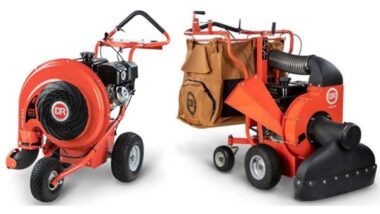

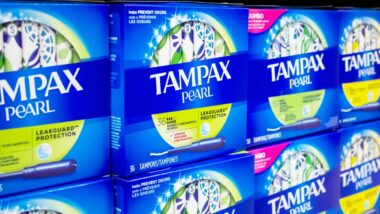
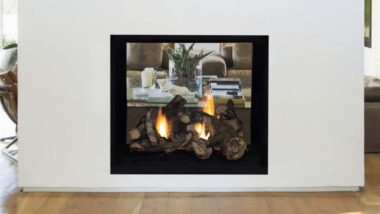



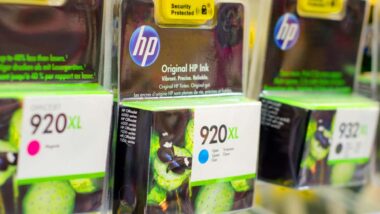




3 thoughts onSafety watchdog urges consumers to use space heaters, furnaces, fireplaces safely
please add me
Please add me. Thank you.
please add me